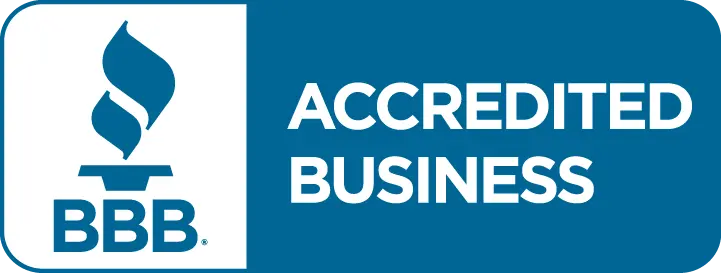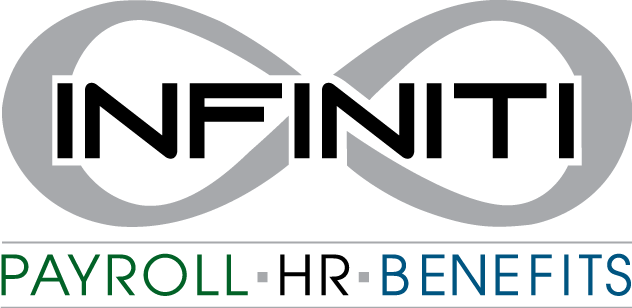As a small business owner it is great to identify high achieving employees that are being groomed to become a manager or supervisor. This means your business is growing and you are in a position to lighten or re-distribute your load by trusting a supervisor to make a certain level of operational and leadership decisions on their own.
But please don’t overlook liability. Keep in mind that “I didn’t know” is never a good defense and that a poor supervisor can create significant risk for the business you have worked so hard to build.
The person being promoted might be highly skilled at the technical aspects of work. But do they know how to lead? Will they do so in line with your expectations? Do they understand basic labor law compliance so you can reasonably trust them not to create unnecessary liability?
Here are five key areas of employee management ‘education’ we encourage you to put in place for new supervisor training. It is a good idea to cover this BEFORE they assume supervisor or manager duties.
- Employee Handbook. Have them understand not just that the company has one, but why and how to use it. Key Point! The largest liability that can loom for an organization is failing to properly respond to a discrimination or harassment complaint. First time supervisors need to understand what discrimination and harassment is, how to lead in a manner that curbs it, what your employee handbook states in terms of how to report a claim and, if brought to them direct, how the organization expects the supervisor or manager to respond and initiate an investigation. Last but not least, first time supervisors should be reminded of the very real cost of a retaliation claim. Coming forward with a complaint of harassment of discrimination is a PROTECTED act. Don’t let a new supervisor double your liability by taking some form of retaliatory action against an employee who had the courage to come forward.
- Job Descriptions. Great for hiring, but also critical to supervisor success. How? A job description keeps the employee the supervisor is leading accountable. Make sure first time supervisors know why you have job descriptions AND how to use them. Job Descriptions can and should be used through the full employee lifecycle. They dictate how to craft an advertisement of a job opening, help you structure effective phone screen and behavior based interview questions, create documented accountability when signed upon hire and should be used as a basis for how employee performance is evaluated and measured.
- Contractor (1099) Versus Employee. If you organization uses contractors as a part of your workforce, make sure your supervisors understand the difference between “managing” the two. Since the IRS defines a very clear line between 1099 and employee, you need not let a first time supervisor unknowingly open your business up to the liability of back payroll taxes and fines. If a new supervisor is being trusted to oversee the work deliverables of contractors, they need to understand that they are vendors, not employees. As such, the supervisor needs to abide the by service agreement terms in place. They should not be dictating hours worked, should not be reimbursing expenses, should not be offering employee like benefits and should not be formally evaluating work as if they contractor was an employee.
- Wage and Hour Laws. There are two to pay close attention to. (1) The Fair Labor Standards Act (FLSA) – it regulates overtime, among other things. Train a first time supervisor on the very clear difference between exempt and non-exempt. Paying a salary is NOT how you qualify to be exempt. Neither is putting supervisor or manager in the job title. Non-exempt employees who physically work more than 40 hours per work week (not per pay cycle) must be paid those additional hours at one and 1/2 times their hourly rate. No exceptions. Non-exempt employees are not legally permitted to “bank” overtime for future time off. Nor are they permitted to voluntarily waive overtime wages. (2) NO unauthorized deductions from pay. Outside of taxes and benefit plan elections, deductions from pay must be voluntary, specific, written and signed by the employee to be legal. Don’t unnecessarily invite the Department of Labor in to audit your payroll records. It is not fun and tends to not end well for the employer.
- Define a Good Manager or Supervisor. Here is how we break it down: a good manager is able to be a “reasonable person”, limits liability by handling issues fairly and consistently, understands when to seek higher level or HR assistance, has the courage to immediately counsel poor performers (and document such counseling), hires employees who fit the job requirements, provides documented coaching and feedback, leads by example (and not by fear), is approachable and accepting of diversity, discusses concerns privately, offers praise publicly, is not afraid to cut their losses and learn from mistakes. Last but not least, if trusting a new supervisor to interview and hire, train them on an effective and compliant process. They need to know discriminatory versus non-discriminatory practices and how to look and listen for reference flags before an employee is hired.
The name of the game with new supervisors is risk aversion. Otherwise, how will you gain a comfortable level with trust and delegating? All it takes is some training on employee management basics, in a simplistic form that can be easily understood. You can groom their leadership effectiveness as they go along, but don’t overlook the risk of the untrained.
Click the link to view our recent blog: Don’t Be Held Hostage to Poor Performers or check back next week for more on human resources, payroll, insurance and benefits.
Source: http://inspiringhr.com/before-promoting-to-supervisor-5-key-trainings.html






